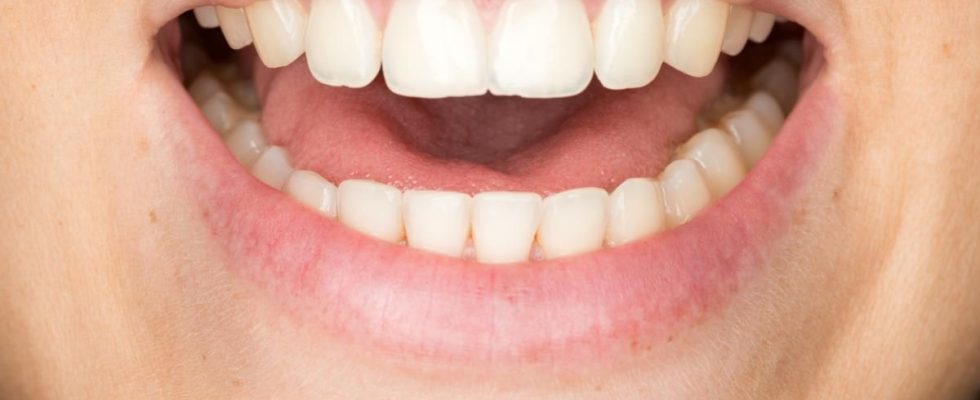Too much saliva: what are the causes?
If too much saliva is produced, medically known as hypersalivation, serious consequences can occur. These range from difficulties swallowing up to Difficulty eating and language problems. Various factors can be responsible for increased salivation. These include, above all:
1. Irritation of the oral mucosa
If the oral mucosa becomes irritated, for example spicy food, dental problems or braces, increased salivation occurs as a natural protective reaction of the body. In response to the irritation, salivation is increased to moisten, soothe and protect the mucous membrane.
2. Pregnancy
Pregnancy can be accompanied by various physical changes – including increased salivation. If a woman is pregnant, hormone levels rise, particularly that of the hormone estrogen. This can increase the activity of the salivary glands and stimulate saliva flow.
3. Heartburn
But heartburn can also be caused by too much saliva. If stomach acid gets into the esophagus, it can irritate the mucous membrane. To neutralize and dilute the acid, increased saliva is produced. Saliva contains bicarbonates that help to neutralize acid and increasing the pH in the esophagus forms a protective layer on the irritated esophageal mucosa and flushes the acid out of the esophagus back into the stomach.
4. Medication
In addition, increased salivation can occur as a side effect of various medications. These include, above all, certain ones Antipsychotics, antidepressants, Parkinson’s drugs or antiepileptic drugs.
5. Infections
Infections in the mouth and throat, such as a sore throat or yeast infection, can also increase saliva flow as the body tries to control the Infectious agents from the oral cavity to wash. Saliva contains enzymes and antibodies that help kill pathogens and support the immune system. Increased saliva flow may also serve to keep the mouth moist to minimize irritation or damage from the infection.
6. Neurological diseases
Various neurological diseases can also be a possible cause. These include, above all, the Parkinson’s diseasewhich leads to impaired control of the facial muscles, Amyotrophic Lateral Sclerosisin which the nerve cells responsible for muscle movement die stroke, which can cause brain damage, multiple sclerosisas well as Chorea huntington.
7. Stress and anxiety
Emotional stress damages our bodies and can be responsible for various symptoms. This also includes too much saliva. If we are under stress, it will sympathetic nervous system activated, which can result in increased activity of the salivary glands. In addition, fear and the like can have a increased activity of the oral muscles cause, including the muscles responsible for swallowing saliva. This can cause difficulty swallowing and a build-up of saliva.

